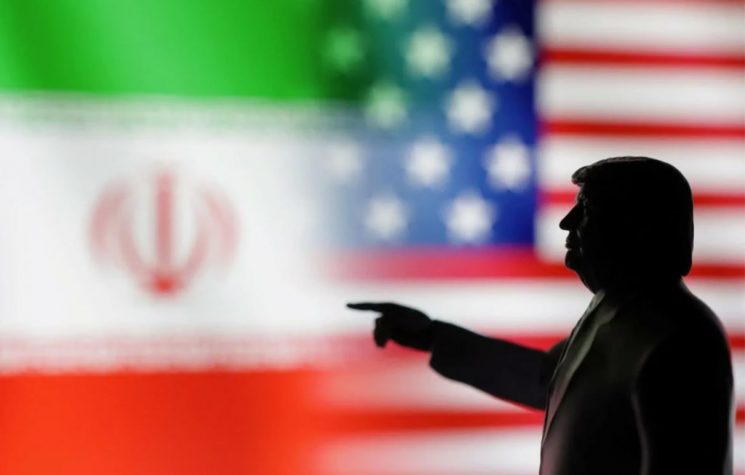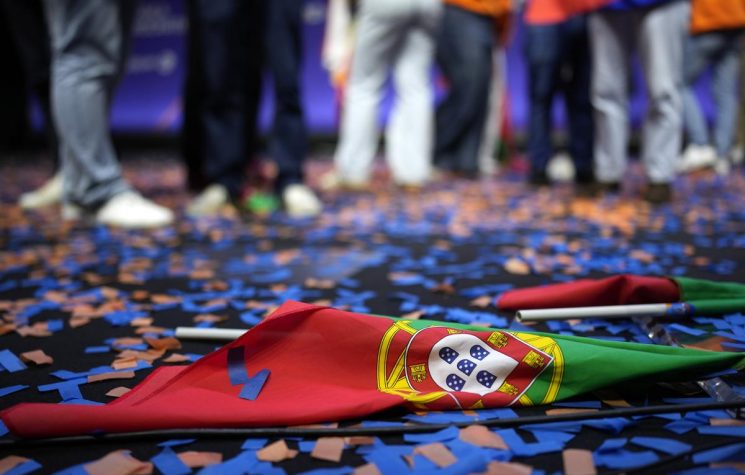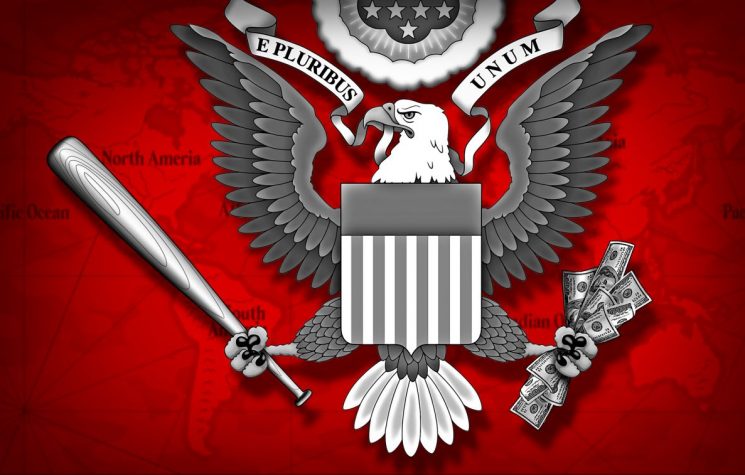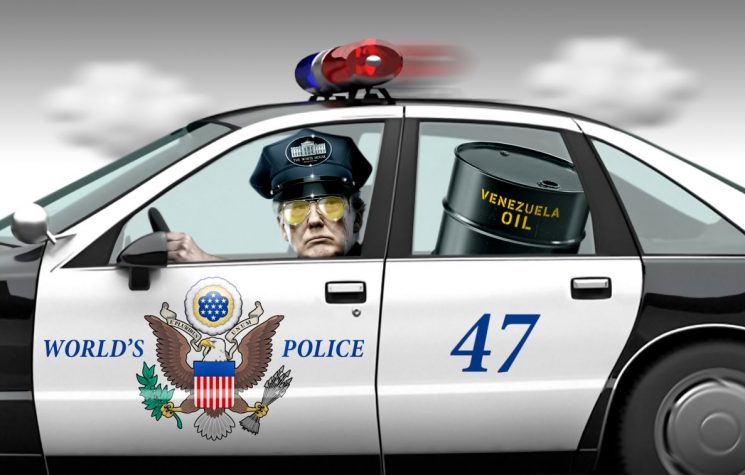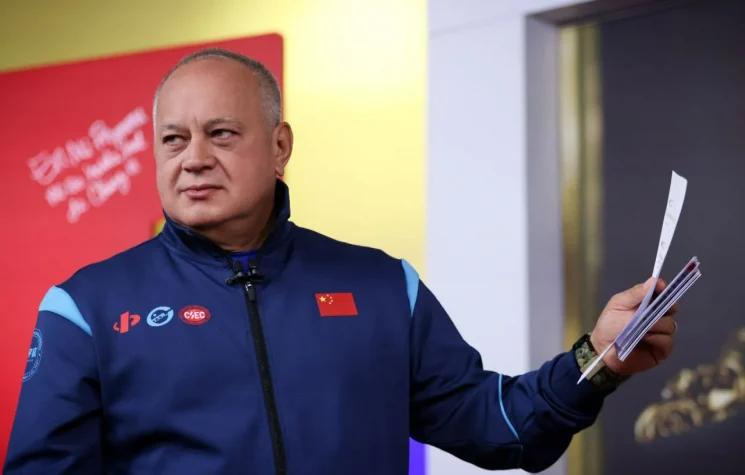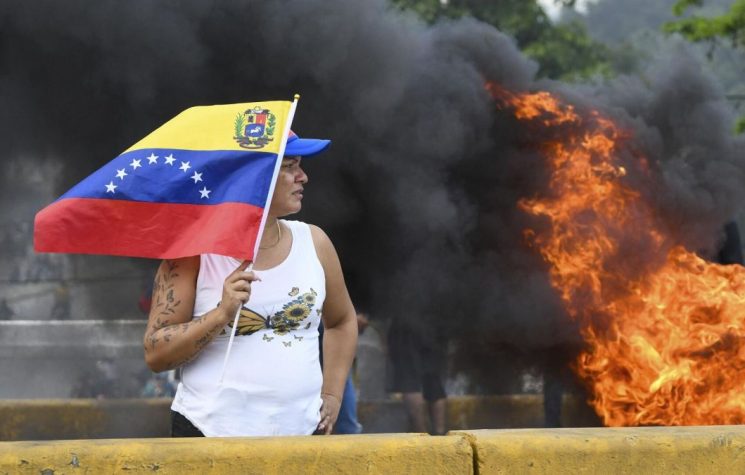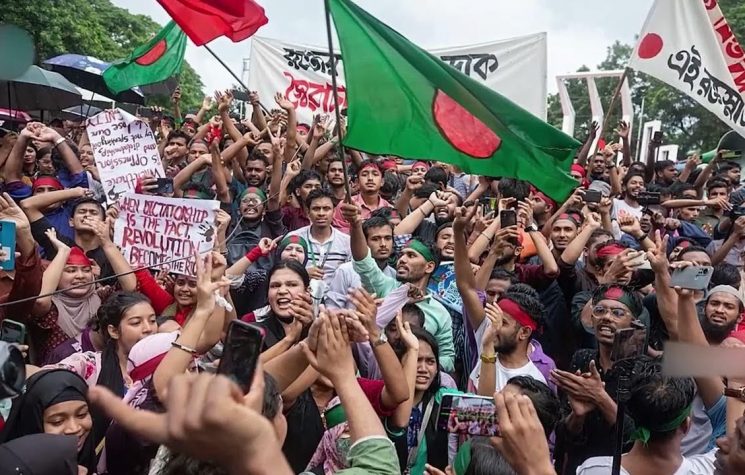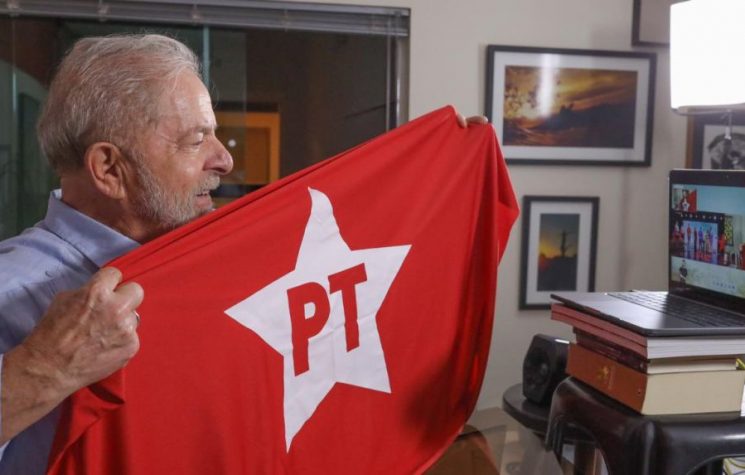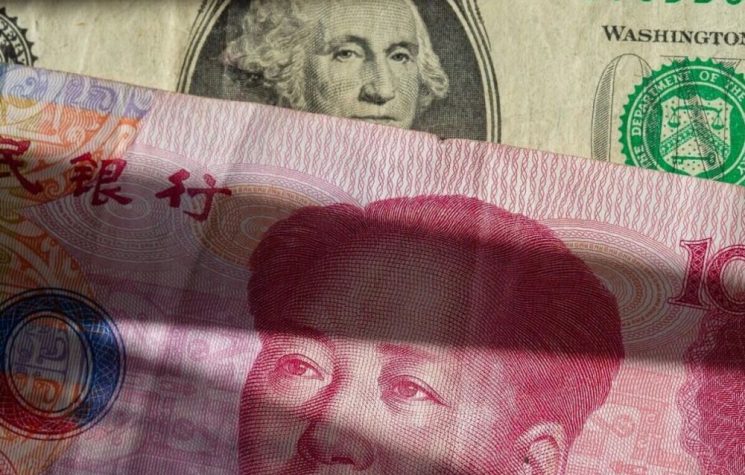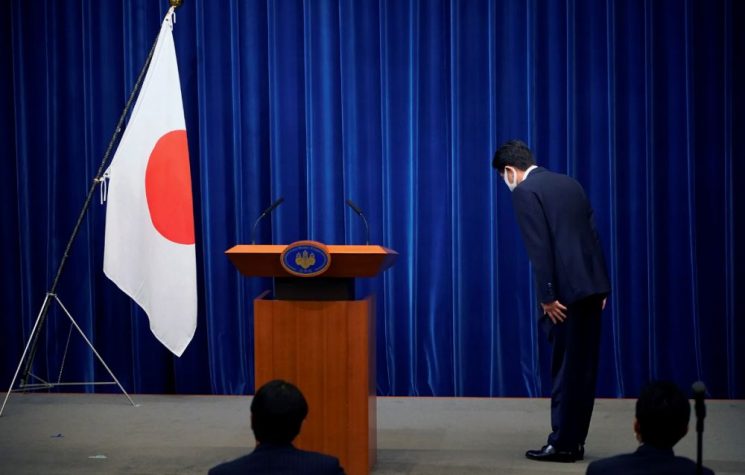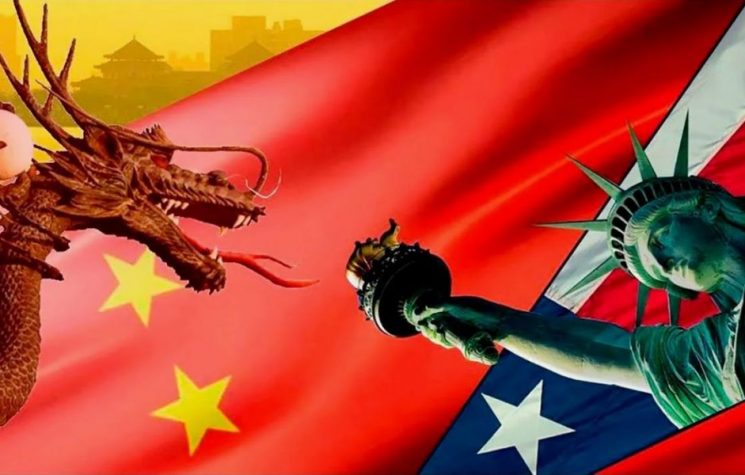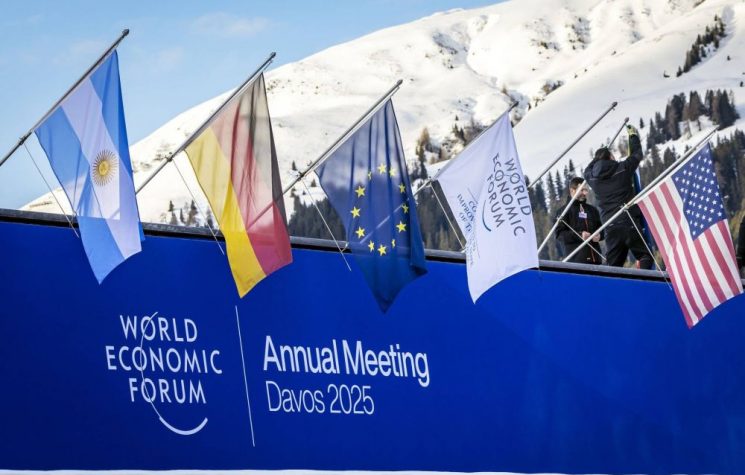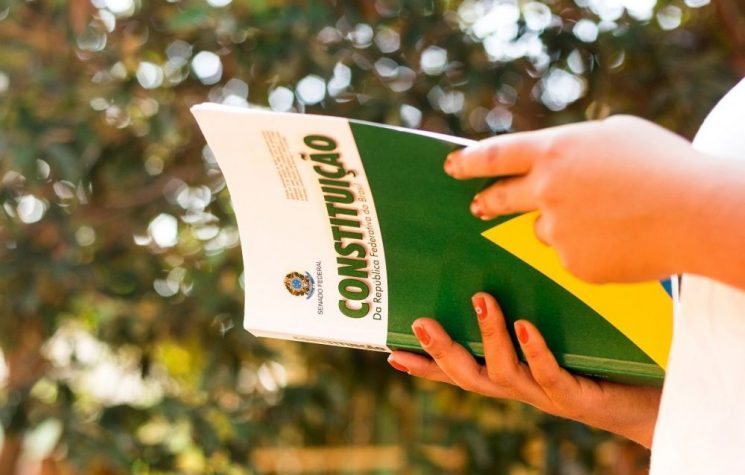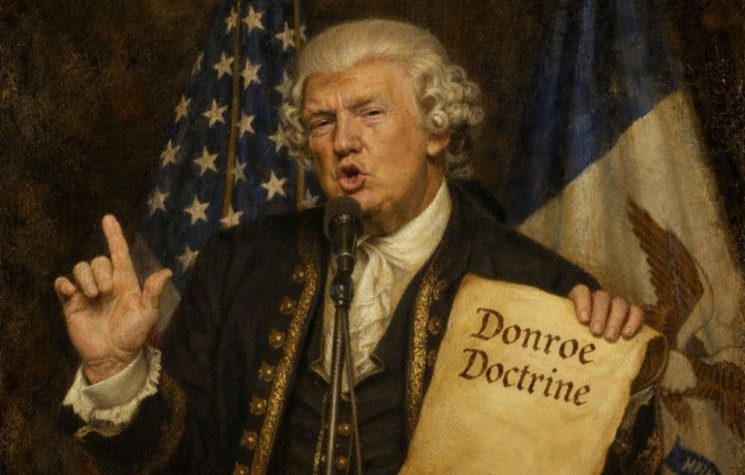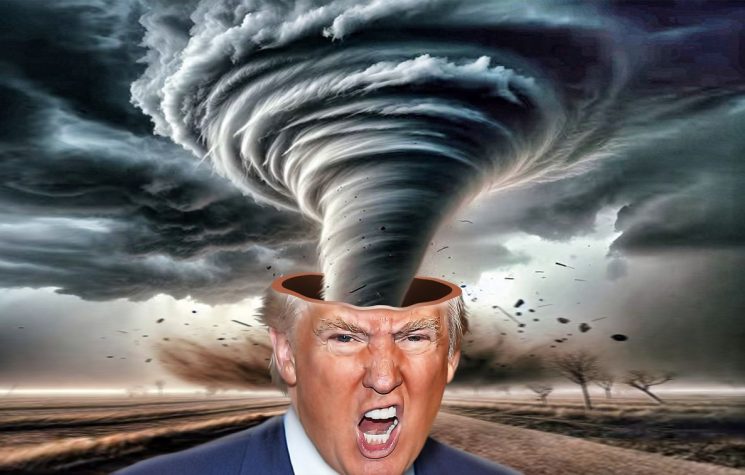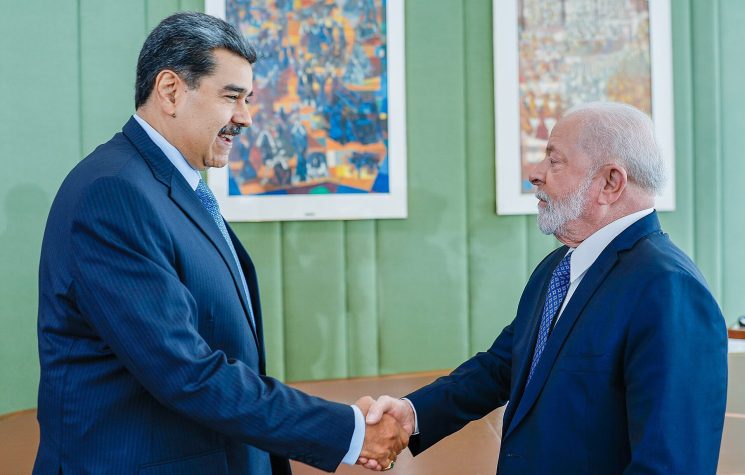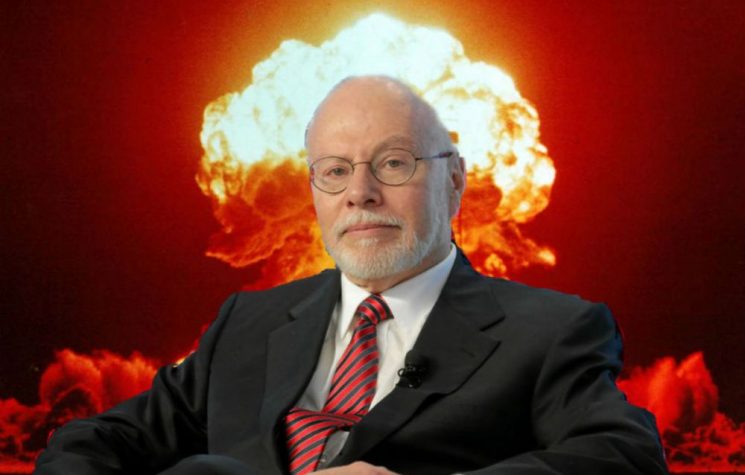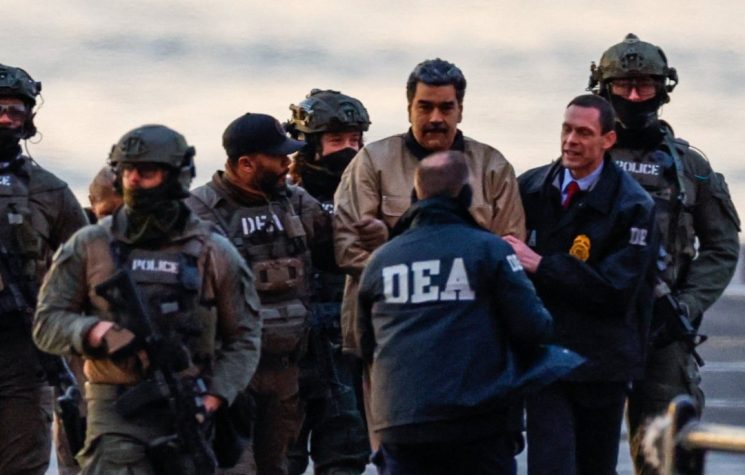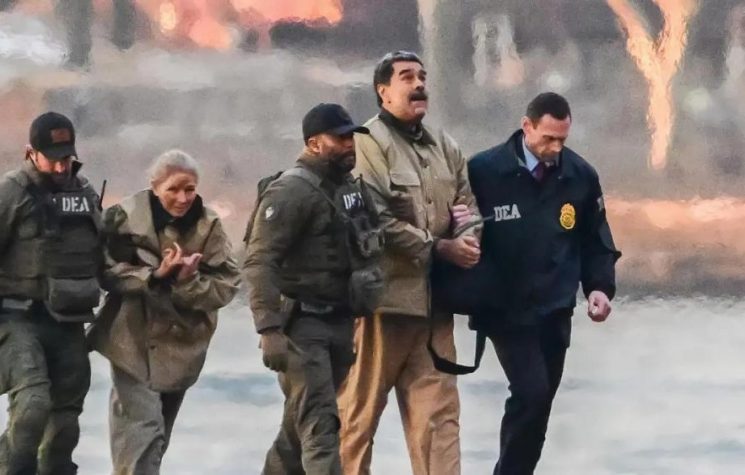After years of intense political, economic and social crisis caused by the death of Hugo Chávez, the fall in oil prices and the economic war sponsored by the United States, Venezuela’s economy began to recover.
Contact us: info@strategic-culture.su
Ten candidates, supported by 38 parties, are participating in this year’s presidential elections in Venezuela. There is a consensus, however, that the dispute centers on just two: President Nicolás Maduro and the main opposition bloc, the Democratic Unity Platform (PUD), whose candidate is Edmundo González Urrutia.
All voting intention polls place these two candidates at the head of the race. But the radical opposition, grouped in the PUD, and the international press, only take into account the polls that indicate González Urrutia’s victory.
Some examples are the Delphos institute, which states that the opponent has 59.1% of voting intentions, against 24.6% for Maduro; Consultores 21, which gives between 55% and 60% preference for Urrutia and 25% to 28% for Maduro; Hercon Consultores, which suggests that 68.4% will vote for Urrutia and only 27.3% will vote for Maduro; and ORC Consultores, which indicates support from 59.6% of voters for Urrutia and just 12.5% for Maduro.
Although it is said that these are the most reliable institutes, it is “forgotten” that they are run by people with strongly anti-Chavista political positions, such as Saúl Cabrera, from Consultores 21, Oswaldo Ramírez, from ORC Consultores, Luis Vicente León, from Datanálisis, in addition to by Benigno Alarcón, director of the Center for Political Studies at UCAB. They have been making public statements endorsing the questionable results of their polls, that is, that González Urrutia is the clear favorite against Nicolás Maduro, and that only political machinations using the State apparatus can give the current president a victory.
“Polls are being systematically used as an electoral propaganda weapon to generate a climate of opinion about the possible outcome of the election,” sociologist Juan Manuel Trak told the American agency Voice of America (founded by the CIA). He’s absolutely right.
The results of the above surveys differ greatly from those published by other institutes, which are not reported by the international media. The Hinterlaces institute, which is branded “Chavista” by the opposition and the media, but which has been getting practically all of its predictions right in recent years, points out that Maduro has 54.2% of voting intentions, against 24.1% for Urrutia. It is followed by other institutes: Data Viva predicts 55.2% of the votes for Maduro and 20.9% for Urrutia; Parametric indicates 51.74% for Maduro and 29.06% for Urrutia; and International Consulting Services collected 71.6% voting intentions for the current president and 23.9% for his main challenger.
Of course, Trak considers that the polls indicating a Maduro victory are also biased. This is very likely. But they are much closer to reality than the dubious polls that favor the opposition. If everyone votes, just the 4.2 million members of the United Socialist Party of Venezuela (PSUV) who ratified Maduro’s candidacy in March would already represent 19.6% of the 21.4 million Venezuelans eligible to vote in these elections.
After years of intense political, economic and social crisis caused by the death of Hugo Chávez, the fall in oil prices and the economic war sponsored by the United States, Venezuela’s economy began to recover. The United Nations Development Program (UNDP) study published in April reported a 2.6% growth in Venezuela’s GDP in 2023 and estimated that in 2024 growth will be 4.2%. Inflation in the first half of this year was 8.9% and in June it fell to 1% according to the Central Bank of Venezuela – the lowest monthly rate in 12 years and the best in the Maduro era. According to the Venezuelan Finance Observatory, independent of the government, inflation in June was 2.4%. In the previous month – May – inflation of 1.5% was the lowest since 2004.
The businessmen themselves gave a truce to the government, which made agreements with the private sector to rescue the economy, diversify production and invest in exports. Fedecámaras, famous for leading the successive coup attempts between 2002 and 2004, did not publicly embark on the PUD’s terrorist discourse and businesspeople are not coercing (at least emphatically) their employees to vote for the opposition, as they did previously. The United States government has returned to dialogue with Caracas, which suggests a relaxation of external pressure – which could change if Donald Trump is elected.
China and Russia are very involved with the Venezuelan government and this is an important pillar of support for Maduro, whose government has been reaping good results from this alliance – and from agreements with other countries, such as India, Turkey and Iran. Unlike the last crisis, in 2019, the two main neighbors (Brazil and Colombia) are now governed by presidents allied with Maduro, which makes it difficult to destabilize the country at the borders and support radical groups of the self-exiled opposition.
An indication of the recovery and stabilization in Venezuela is the fact that the country has left the international news headlines in recent years. The major international media outlets are clearly anti-Chavista and take advantage of any minimally negative event to carry out a broad propaganda campaign against the government. This has not been possible in more recent years.
An important reason is that the opposition did not recover from the 2019 defeat with Juan Guaidó’s failure and was unable to effectively reunite. There are no longer any large anti-government demonstrations, especially because the right has no longer found any opportunity to take to the streets and put the government under pressure. The radical wing of the opposition, however, continues with the same unrealistic discourse as 20 years ago (accusing the government of being a dictatorship, of repressing and censoring and of committing electoral fraud). González Urrutia’s proposals to privatize land, industries, health and education are highly unpopular, which alienates him from the broad masses of the population. Urrutia himself was a totally unknown politician three months ago and is nothing more than a puppet manipulated by María Corina Machado, a historic opposition leader manufactured in the CIA laboratories and scandalously financed by the U.S. government.
In turn, Chavismo remains strong and organized, despite its contradictions and dissent, such as that of the Communist Party. In addition to the presidency of the Republic, it governs 19 of the 23 states, 213 of the 335 city halls, has 222 of the 277 deputies in the National Assembly, the majority in 20 of the 23 state legislative assemblies and in 224 of the 335 municipal councils. The judiciary and other national public institutions, as well as the top brass of the Bolivarian National Armed Force and the police are, in general, legalists.
However, despite a favorable real scenario for the 31st electoral victory in 25 years of Chavismo next Sunday (28), it will probably not be as easy as the polls that favor it indicate. The economic situation is not as bad as before and the country is relatively peaceful, but the people continue to live in an unstable social situation. Although it will probably win the elections, its result should indicate that the attempts to reconcile with the opposition, the Venezuelan bourgeoisie and American imperialism are not bringing great political gains for Chavismo in the face of its social base, especially the youth.
On the other hand, the radical opposition gives victory as a matter of course, using the polls that favor it and denying reality. The international press buys this speech. This is a campaign that purposely sells an illusion and the right-wing will certainly use these polls and biased press coverage as “proof” that there was fraud, if the results of the polls are contrary to these predictions, and, taking advantage of this climate, will return to its traditional repertoire of not recognizing the victory of Chavismo.
The U.S. government, unlike in all previous elections, decided to be more cautious and not issue statements in support of the opposition. However, a Maduro victory that is labeled as fraudulent by the opposition and the international press could lead to a change in the U.S. stance regarding public support for destabilization. After all, a dying government in transition, like Joe Biden’s, is unpredictable.















